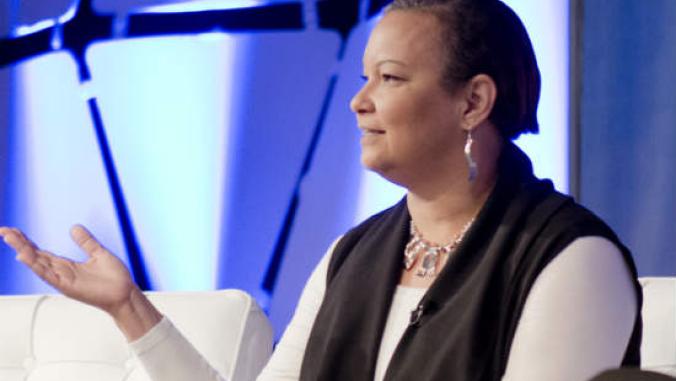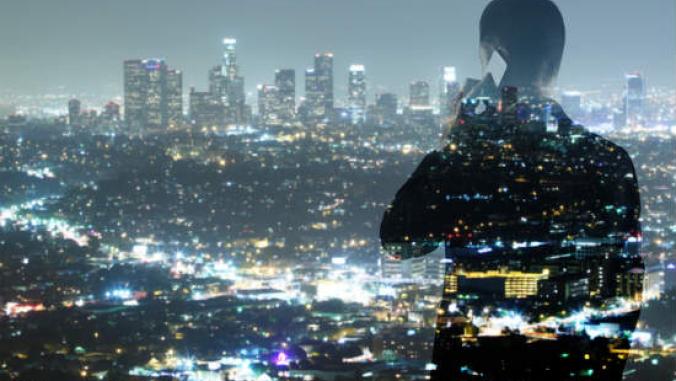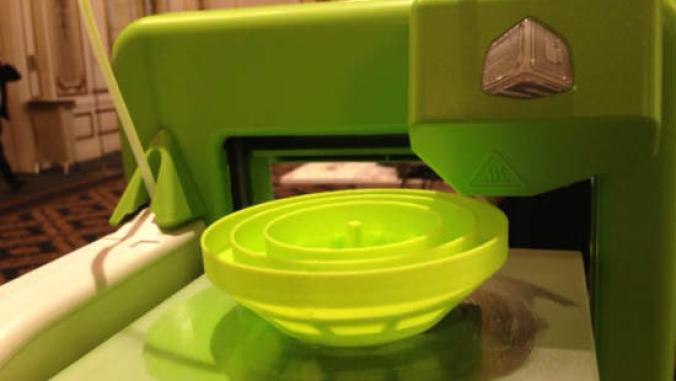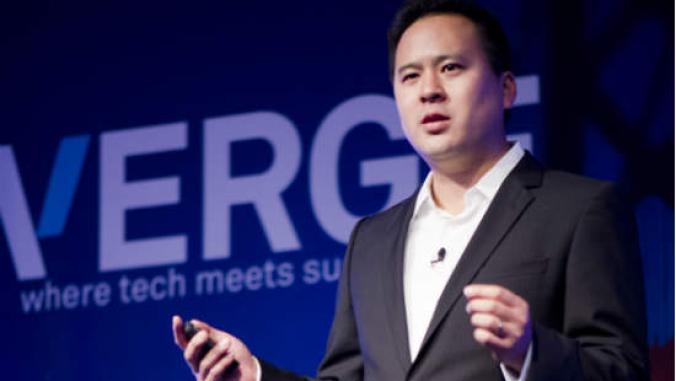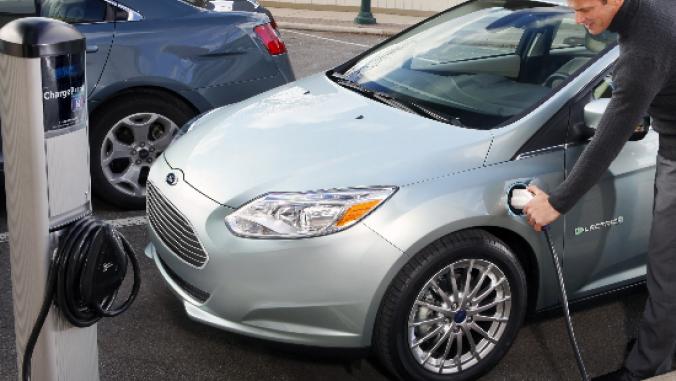Starbucks Tests How Coffee Cups Fare in NYC's Recycling Stream
<p> Starbucks is using New York City as a testing ground for recycling its ubiquitous coffee cups. If successful, it could mean the 3 billion cups it uses each year go to the recycling bin instead of landfill.</p>

Starbucks cup - CC license by Flickr user krystian_o
Starbucks is using New York City as a testing ground for recycling its ubiquitous coffee cups. If successful, it could mean the 3 billion cups it uses each year could go to recycling bins instead of landfills.
During a nine-week test, which started in mid-September and runs through November, 86 Starbucks locations in New York City will provide in-store recycling bins for cups and send them off to be recycled.
"We are testing the capability of the infrastructure to handle and accept our cups in the system," said Jim Hanna, Starbucks' director of environmental impact. Starbucks (NASDAQ: SBUX) has a self-imposed goal to only provide reusable or recyclable cups by 2015.
The pilot is only testing the recyclability of the cups themselves, not the sleeves, lids or other packaging pieces. "We believe the cups in their current form provide a valuable recycling commodity...and we just need to prove that," Hanna said.
The recycling setup for stores consists of one unit for the cups. Stores elsewhere like in Seattle and San Francisco have recycling programs for multiple types of waste, but for this cup pilot, the stores taking part are recycling only the cups.
The cups, which contain 10 percent recycled content, get tossed in paper bags, and are put out on the curb along with other trash and recyclables each night. Starbucks' recycling hauler, Action Carting, picks up the cups along with cardboard in trucks that only handle cardboard waste. By adding the cups to the existing cardboard pickup, Starbucks' cup recycling wouldn't require additional truck trips, Hanna said.
Action Carting takes the cups to its material recovery facilities where they are sorted out and baled, then sent to paper mill SFK, which will turn the cups into pulp that can be used to make paper towels, printing paper and other products.
Throughout the whole system, Starbucks is seeing if it can provide a supply of cups that aren't contaminated with other trash, if adding cups to the cardboard pickup works well and if the cups are valuable to SFK.
On the recycling side, Hanna said, "Eventually we want to create a sense of market pull for our cups instead of a market push (from Starbucks)."
On the customer education side, the Starbucks stores will be comparing how many cups end up in the recycling bags versus in the garbage (by comparing their weights) to determine what would make recycling cups more convenient. But recycling in-store is just a small step in creating a second life for coffee cups, since, Hanna said, about 80 percent of the cups Starbucks uses end up leaving their stores.
Action Carting, which already services most of Starbucks locations in Manhattan, worked with the company on a previous eight-week cup recycling pilot that included seven New York City locations. Western Michigan University ran Starbucks' cups and the paper bags for the cup collecting during that pilot through the Fibre Box Association's wax alternative protocol, showing they can be recycled with corrugated cardboard.
In addition to finding a place other than landfills for coffee cups to go to, Starbucks is trying out ideas for avoiding disposable cups in the first place.
Some Starbucks stores in Seattle will be testing the Karma Cup concept, which won first place in the Betacup contest for ideas that would increase the use of reusable, recyclable or compostable cups. The Karma Cup idea includes keeping a public running tally of how many customers bring in reusable cups to a store and giving a free coffee to every 10th customer that brings their own cup.
"It's exciting for us to use a customer-generated idea and see how it works," Hanna said.
Starbucks cup - CC license by Flickr user krystian_o

